Ebikes are all the rage these days. They are gradually becoming the preferred mode of transportation of city dwellers for short-distance commuting. However, as the popularity of ebikes surges, confusion is arising regarding their legal status: are ebikes considered motorized vehicles?
This blog centers around precisely this topic. In the subsequent sections, we will briefly introduce the definition and operational mechanisms of an ebike, followed by an examination of the current stance on whether ebikes are perceived as bicycles or motorized vehicles. Let's dive in!

What Is an Electric Bike?
Before diving into the discussion about the legal status of ebikes, let’s briefly introduce what an ebike really is.
Roughly put, an electric bike is a bike furnished with a battery and a motor. It provides varying levels of motor assistance when the rider is pedaling, allowing the rider to travel long distances with relatively less physical effort.
Ebikes come in various designs, from city cruisers to rugged mountain bikes, catering to diverse needs and preferences. In short, ebikes represent a convenient, eco-friendly alternative for transportation and recreation alike.
How Electric Bikes Work?
The defining feature of ebikes’ working mechanism is the pedal assist mode: as the rider pedals along, the motor is activated, delivering moving power that is proportional to the torque or speed (depending on design) of the rider’s pedaling motion. As a result, the rider can travel faster with less pedaling than if they were riding a traditional bike.
Aside from the pedal assist mode, some ebikes (primarily Class 2 ebikes) also come equipped with a throttle. The ebike throttle is very much like a car throttle: when you twist or press the ebike throttle, the motor engages immediately, delivering power to keep the ebike moving regardless of whether you are pedaling or not.
In other respects, an ebike works similar to a traditional bike. For example, many ebikes have gears just like a traditional mountain bike, making uphill climbing easier for both the rider and the motor.
Are Ebikes Considered Motorized Vehicles?
Now comes the core question of our discussion: is an ebike a motorized vehicle?
The unfortunate news is that the current legal status concerning ebikes is a huge mess, and the classification of ebikes is largely dependent on local laws. For example, in the state of California, an ebike is legally a bike rather than a motorized vehicle if it meets the following conditions:
- The ebike has fully operable pedals.
- The wattage of the ebike motor is no more than 750 watts.
- The ebike offers pedal assist mode.
- When braking, the motor is disengaged.
If your ebike has all the above standards met, it is legally a bike and thus exempt from the regulations imposed on motorized vehicles, such as mandatory licensing, registration, etc. Of course, this does not mean that you will not be held liable in case you cause injuries when riding your ebike.
However, things can get murkier than we thought. Even though ebikes can be legally regarded as bikes, insurance companies may think otherwise. According to some news reports, there were instances where someone lost their ebike, filed an insurance claim, and only to have the claim denied on the grounds that “motor vehicles are not covered”. Needless to say, this situation where local law enforcement is at odds with insurance companies can be a source of endless disputes and frustrations.
In the end, we must admit that ebikes are somewhat of a grey area, and it might take time before a consensus among all parties regarding ebikes is reached.
What Is the Difference Between Electric Bicycles and Electric Vehicles?
So what is the difference between electric bicycles and electric vehicles? Electric bicycles (e-bikes) and electric vehicles (EVs) differ primarily in their design, functionality, and usage.
Electric bicycles are essentially traditional bicycles with an integrated electric motor, battery, and controller. They can be pedaled like a regular bike, use the motor for assistance (pedal-assist), or run solely on motor power (throttle). Electric bikes are ideal for personal transportation, offering flexibility, ease of use, and the ability to navigate through traffic and on bike paths. Moreover, from a regulatory viewpoint, ebikes are not generally viewed as electric vehicles even though they also rely on electricity for power.
On the other hand, electric vehicles include a broad range of vehicles such as cars, trucks, and buses, all powered by electric motors and batteries. They are fully motorized and designed to replace traditional internal combustion engine vehicles by offering features like longer range, higher speeds, and greater carrying capacity. EVs are used for various purposes, from personal and family transportation to commercial and public transit, providing an eco-friendly alternative to traditional vehicles. Comparatively speaking, electric vehicles are subject to more stringent regulations. For instance, you might need to register your electric vehicle, and there could be age limits for operators. In addition, a license is often needed to operate electric vehicles legally.
In summary, while both e-bikes and EVs aim to provide sustainable transportation solutions, they cater to different needs and contexts, with e-bikes focusing on short-distance, flexible travel and EVs on comprehensive, motorized transportation.

Conclusion
Now you know whether are ebikes considered motorized vehicles. As we have seen, the answer to this question is complicated: they are treated as traditional ebikes in most situations, and motorized vehicles in a few cases. This whimsical treatment is a reflection that ebikes, as a mode of transportation, have not yet achieved the level of establishment we desire. However, we must not give up hope. As the popularity of electric bikes continues to grow, it is only a matter of time before they are granted a solid, clear-cut legal framework that all segments of society can agree upon.
FAQ
Do eBikes have speed limits like motor vehicles?
Yes, electric bikes (ebikes) typically have speed limits, but these limits vary depending on the region and classification of the ebike. In many jurisdictions, ebikes are limited to speeds of around 20 to 28 miles per hour when the motor is engaged.
Are eBikes subject to the same traffic laws as motor vehicles?
Electric bikes (ebikes) are generally subject to the same traffic laws as traditional bicycle rather than motor vehicles. However, regulations can vary by jurisdiction. In many places, ebikes are treated similarly to bicycles, allowing them to ride in bike lanes and on bike paths.


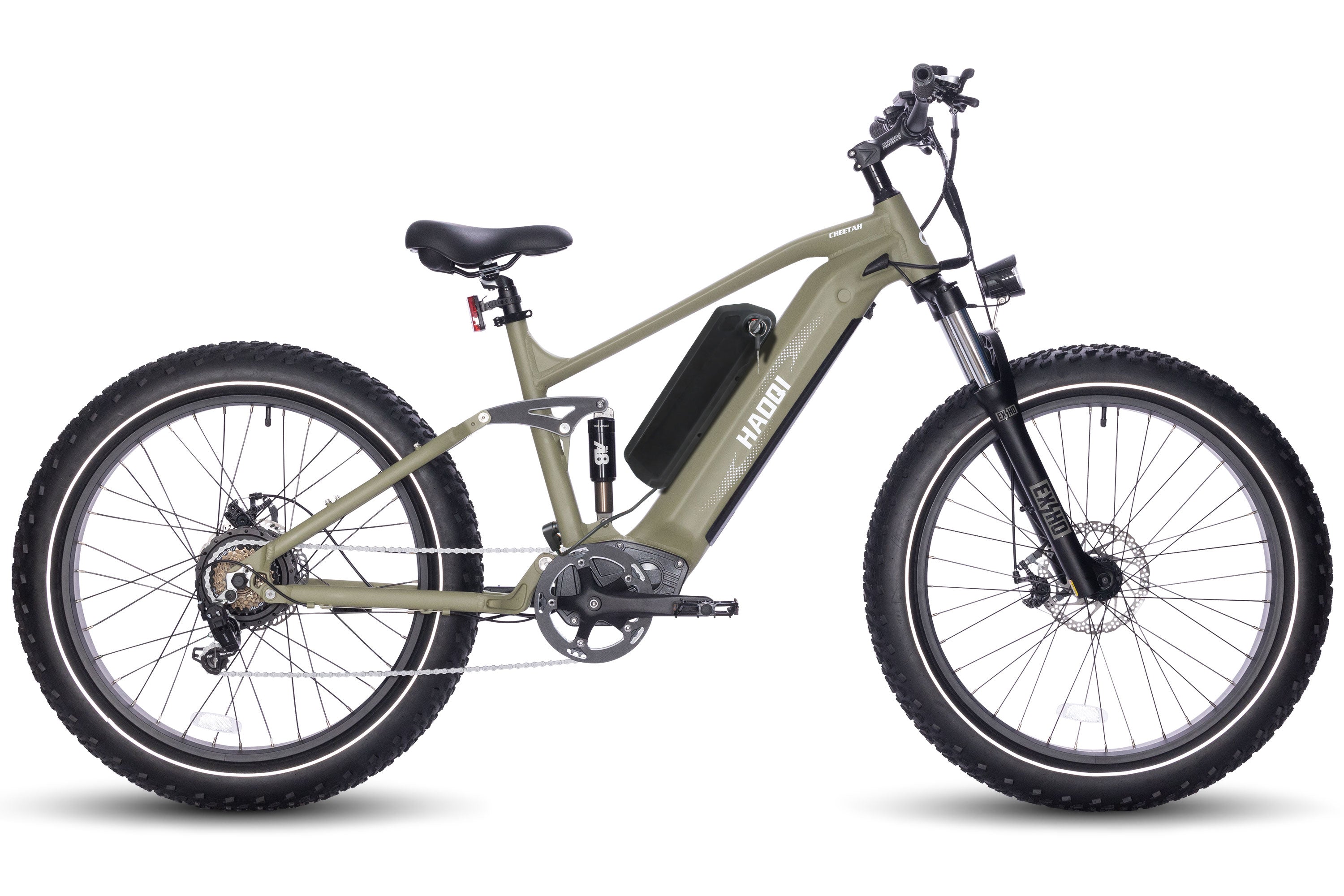
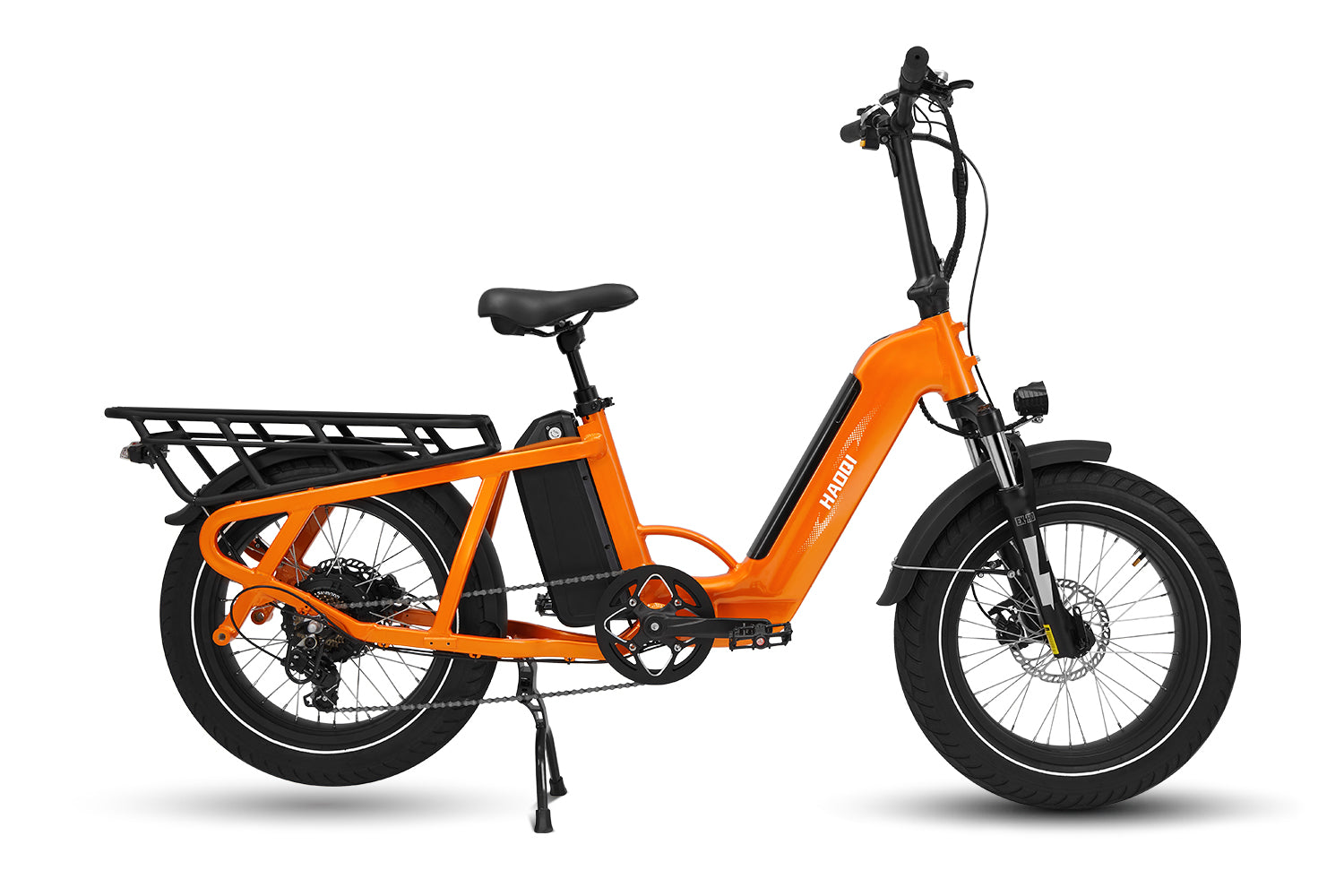
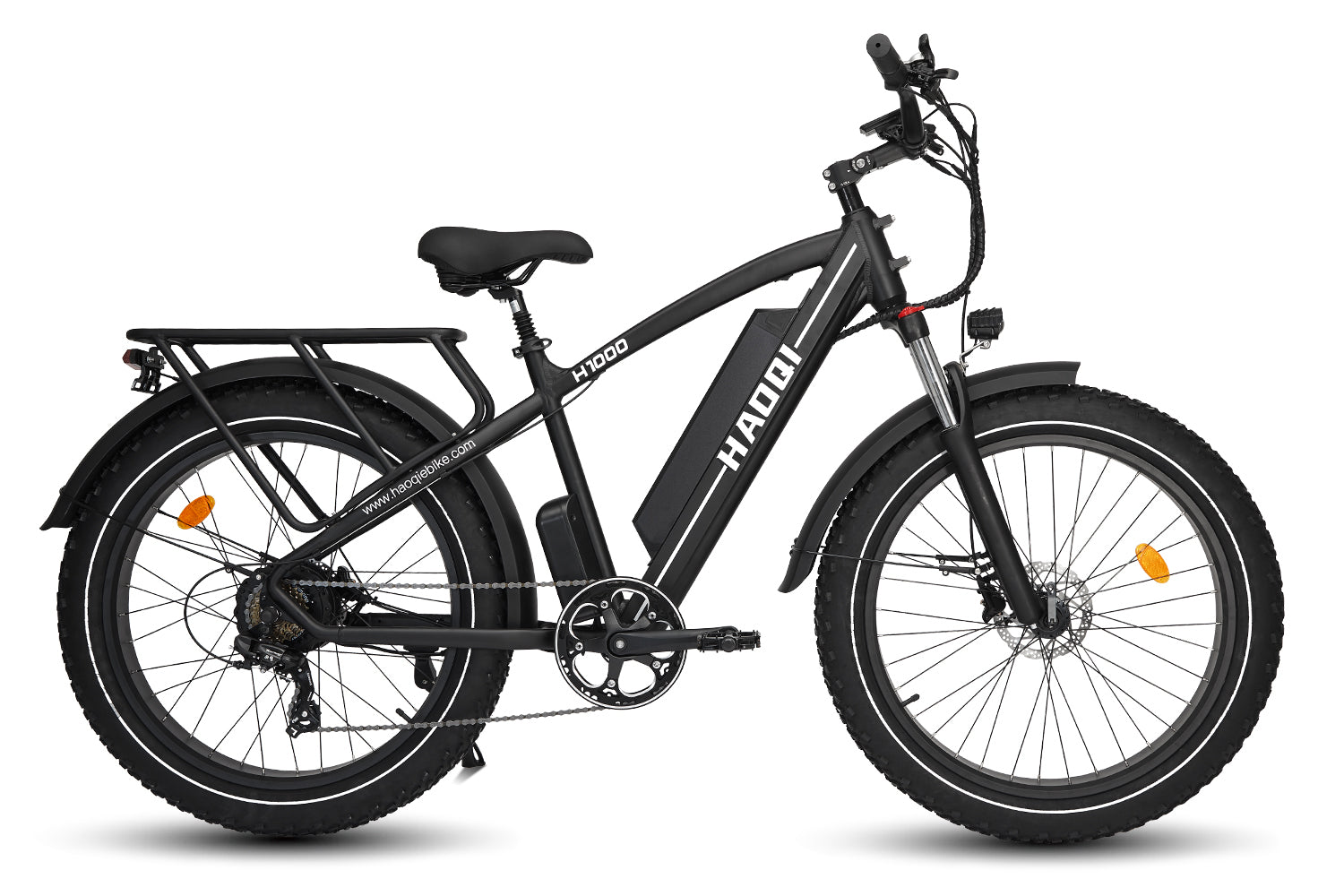
![HAOQI Antelope 500W Cargo Electric Bike (UL Certified) [electric bike] [HAOQI ebike]](http://haoqiebike.com/cdn/shop/products/haoqi-antelope-cargo-electric-bike-with-dual-battery-haoqiebike-com-1.jpg?v=1753954498&width=1500)
![HAOQI Squirrel Folding Electric Bike (UL Certified) [electric bike] [HAOQI ebike]](http://haoqiebike.com/cdn/shop/files/1_03c67b67-715e-4617-a648-51f108ceb425.jpg?v=1766473332&width=1500)
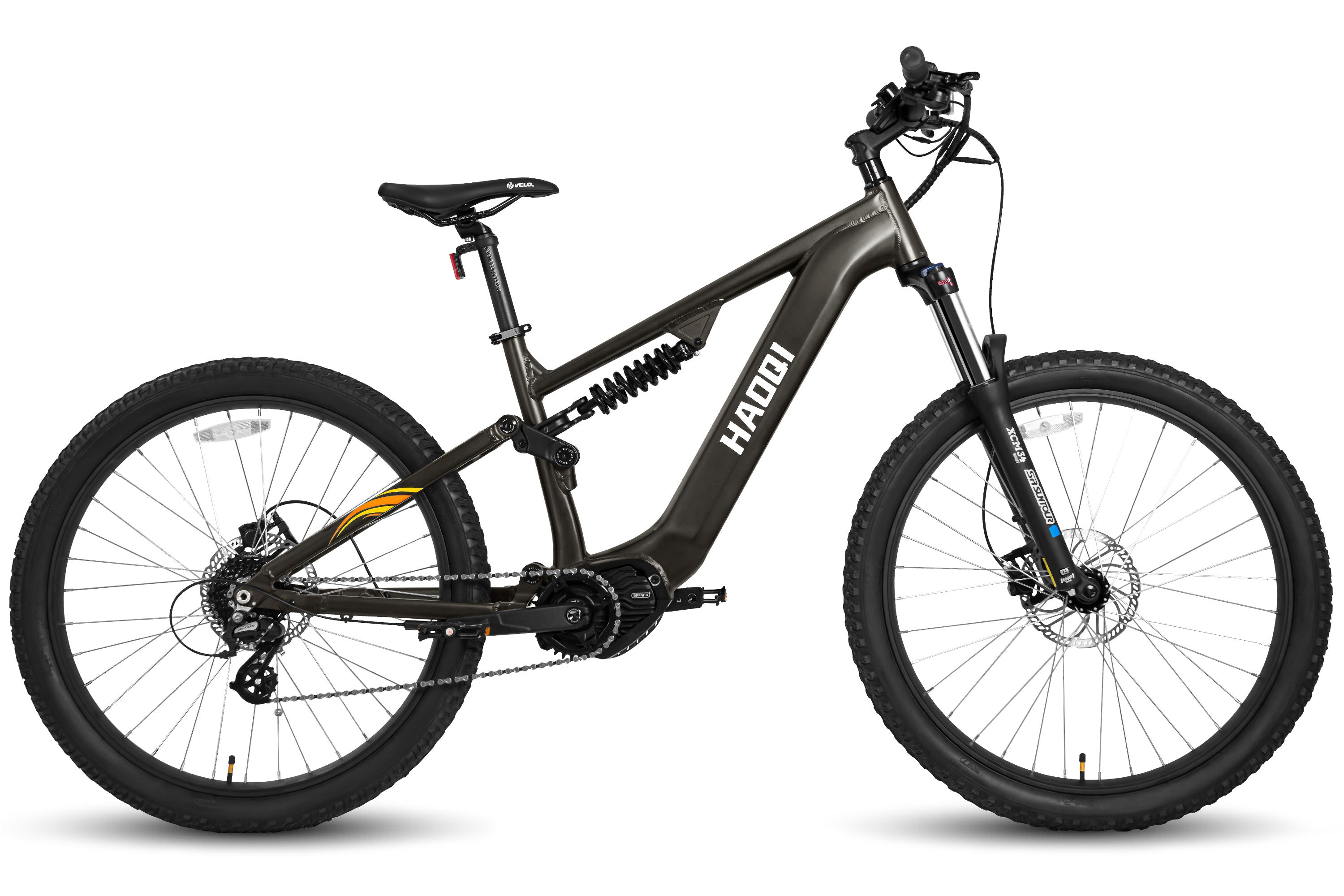
![HAOQI Eagle Long Range Electric Bicycle (UL Certified) [electric bike] [HAOQI ebike]](http://haoqiebike.com/cdn/shop/files/2_bf7ae46b-aad6-472a-9c14-d56ca3f0feb6.jpg?v=1755142722&width=1500)
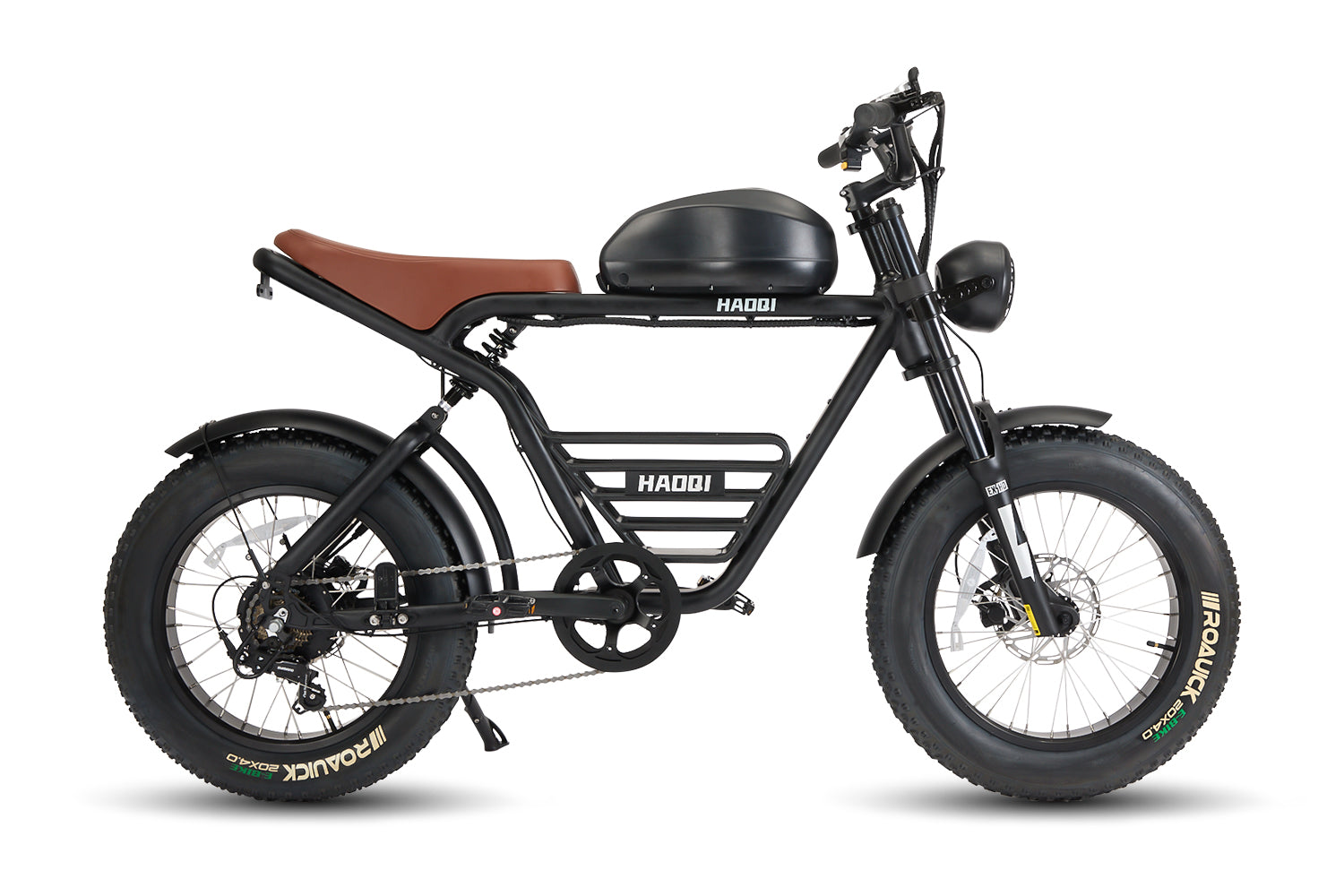
![HAOQI Antelope Pro 750W Cargo Electric Bike (UL Certified) [electric bike] [HAOQI ebike]](http://haoqiebike.com/cdn/shop/products/haoqi-antelope-pro-cargo-electric-bike-with-dual-battery-750w-haoqiebike-com-1.jpg?v=1768462381&width=1500)




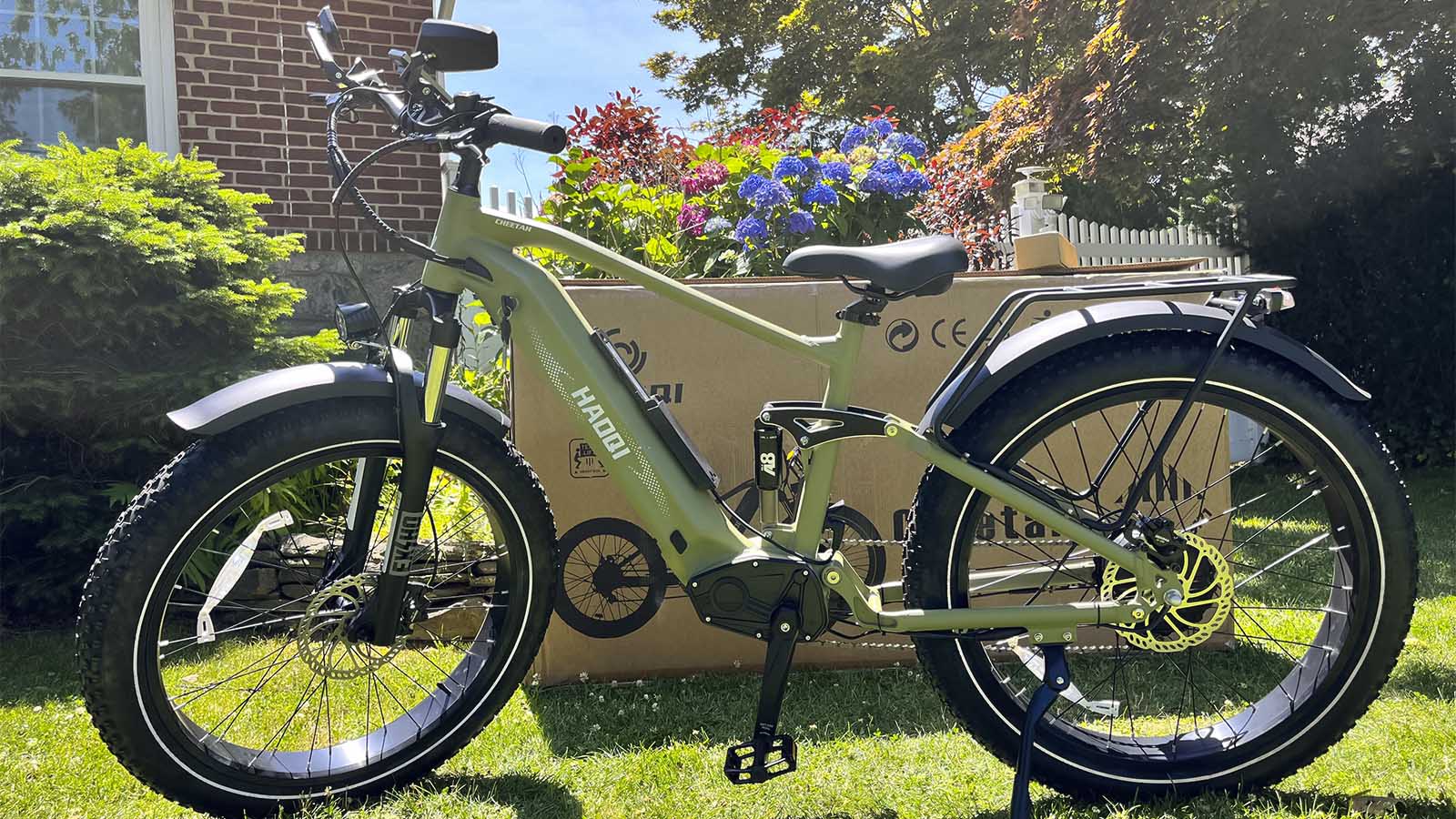
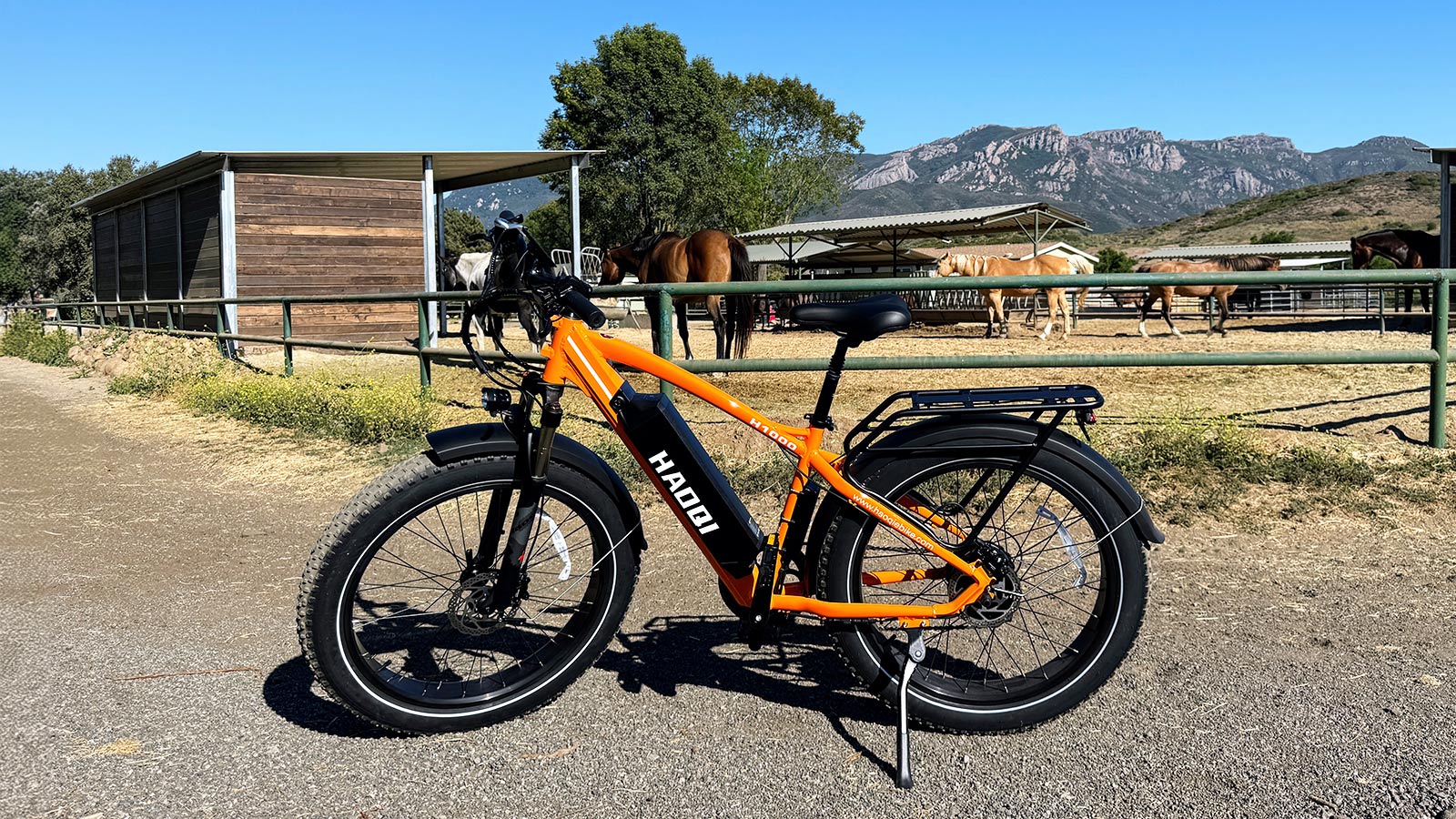




Leave a comment
All comments are moderated before being published.
This site is protected by hCaptcha and the hCaptcha Privacy Policy and Terms of Service apply.